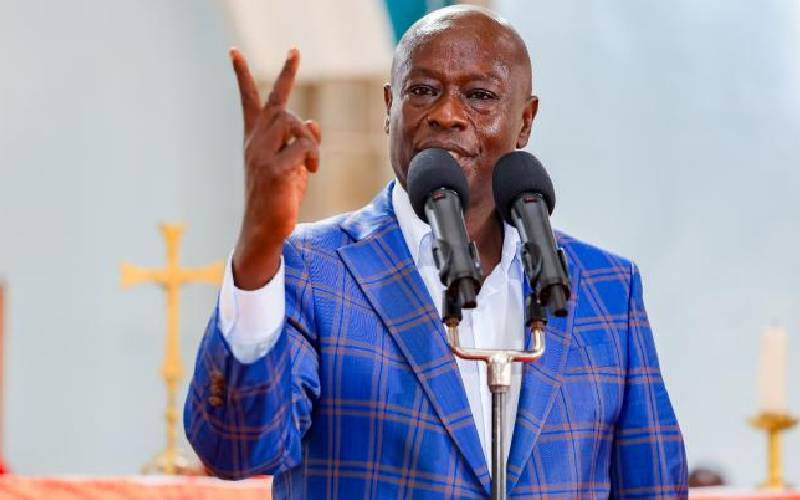- Earth to get a mini-moon for two months, but what is it?
- Japan orders thousands to evacuate quake-hit region as rains trigger floods
- Black garden ants modify the structure of their nests to mitigate fungal infection spread
- Double-edged STING: A new pathway involved in aging
- Female elephants rumble to say 'let's go!' Namibian study shows males do too, a sign of unexpected social bonds

Generations of narratives: Ugandan poetry through the years
“They are wolves,” says top-flight Ugandan poet Ngobi Kagayi, when talking about a new crop of poets. “They do not know the power of collectives; most of them do not even read.”
There is a crisis which has rewritten the narrative of what it means to be a poet in Uganda and repurposed it as a sort of word salad that has left the poetry industry reeling. Kagayi was talking about the so-called young poets, as many of them call themselves, who are newly-minted in the field of Ugandan poetry.
It is true that even Homer nods; says a famous aphorism about human fallibility. Indeed, none of the different generations of Ugandan poets is perfect. That is why a clash of orientations among poets should be tractable. But what is happening in the world of poets reflects warring worlds, instead of a unity of purpose.
Poets of old
But how did we reach here? To answer that question, let us return to the giants upon whose shoulders we stand. Okot p’Bitek, a Ugandan poet, novelist, and social anthropologist, is by no means Uganda’s first poet. However, his three verse collections—Song of Lawino (1966), Song of Ocol (1970), and Two Songs (1971)—are of the first magnitude. He has inspired countless poets with his ascendant yet accessible verse.

- September 20, 2024
Mpox cases double, Kampala metropolitan area hit hardest

- September 21, 2024
INEC insists Wike's cousin remains Edo REC — Daily Nigerian
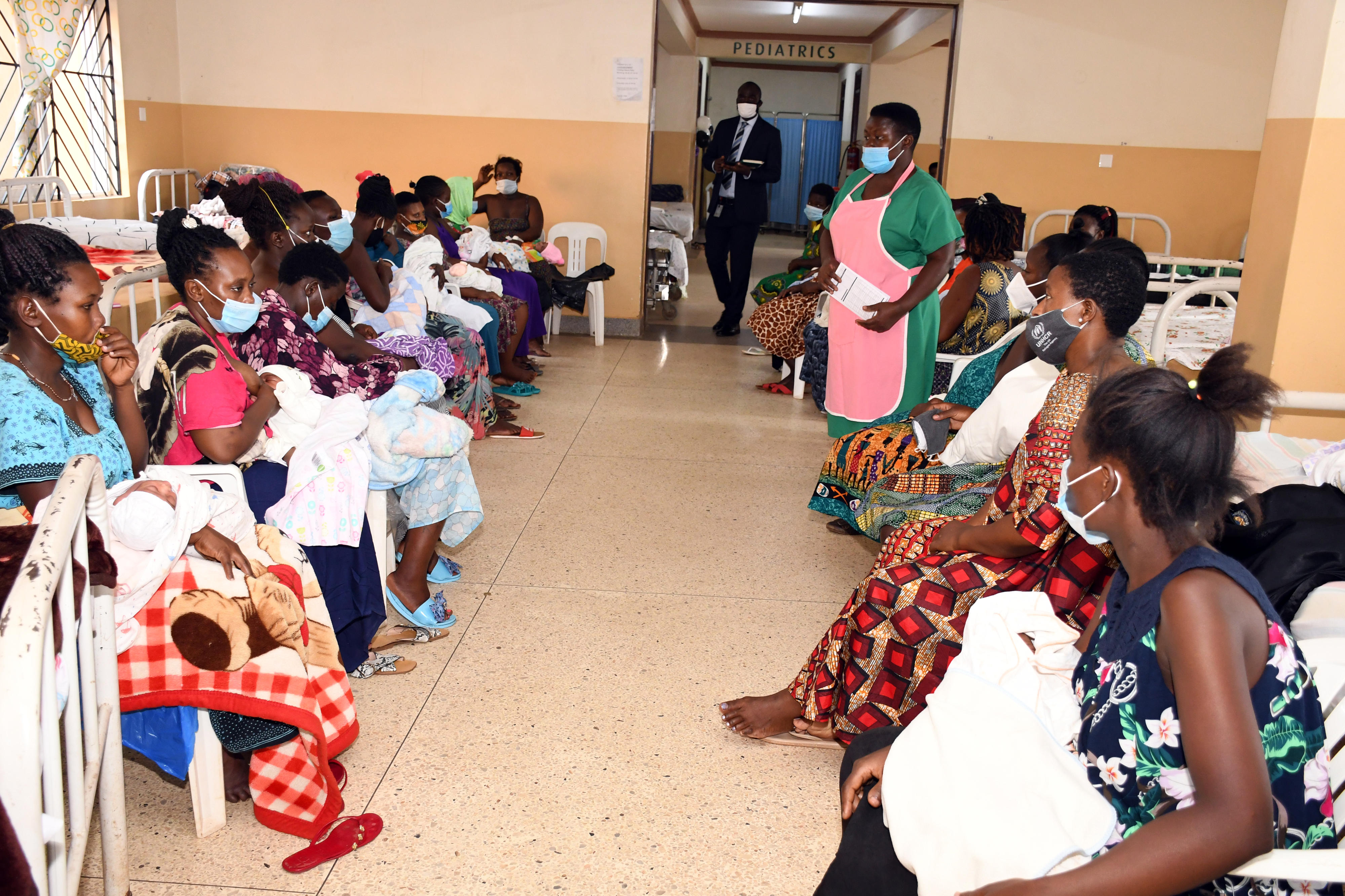
- September 20, 2024
Japan grants Shs1.3b to boost Uganda’s health services

- September 20, 2024
Nebbi Hospital stuck with Shs850m water bill

- September 20, 2024
Lira University student crowned Miss Tourism Uganda

- September 20, 2024
Vote NPP for continuous impactful social interventions-Kennedy Adjapong
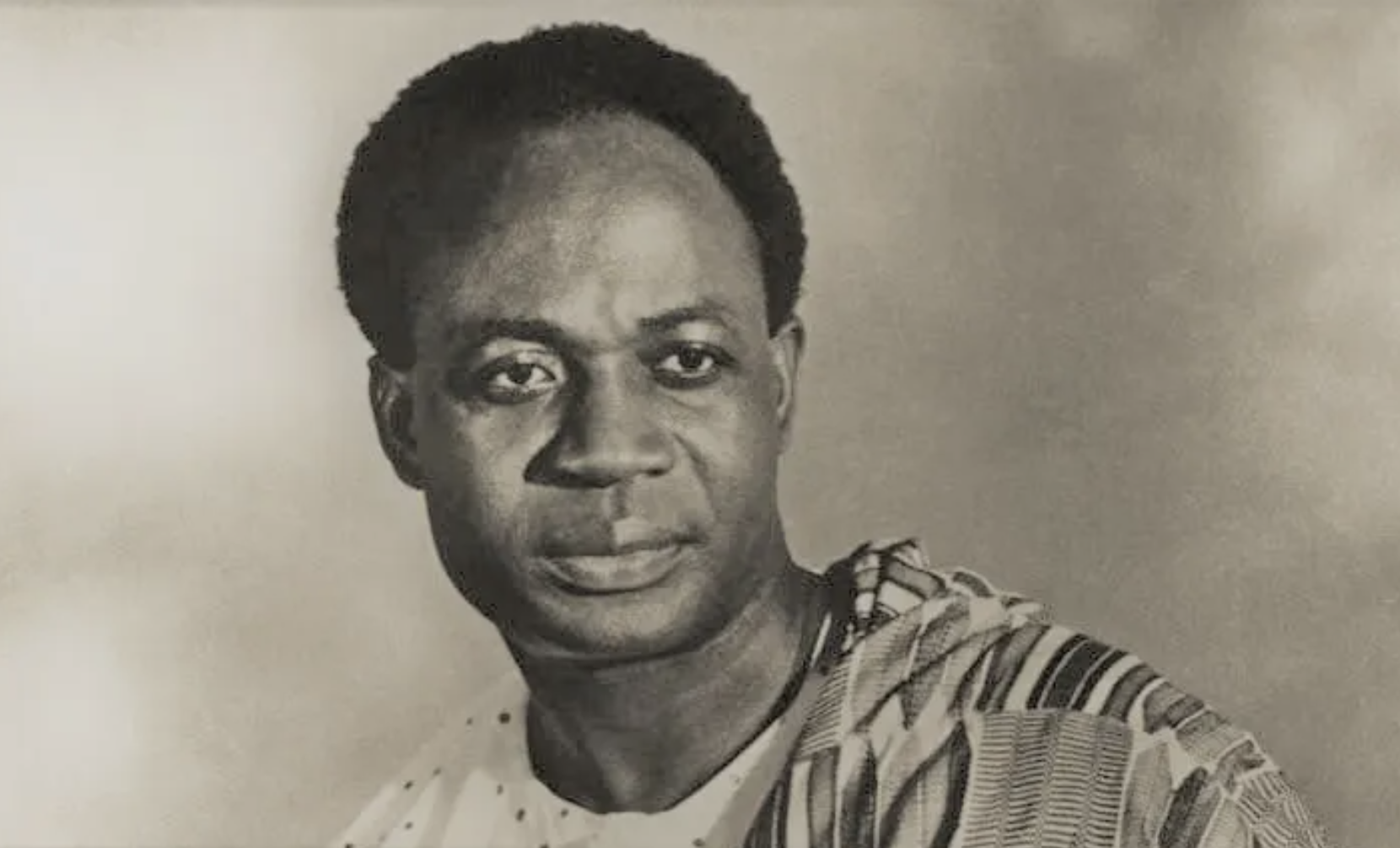
- September 21, 2024
September 21: Long Live Kwame Nkrumah Memorial Day

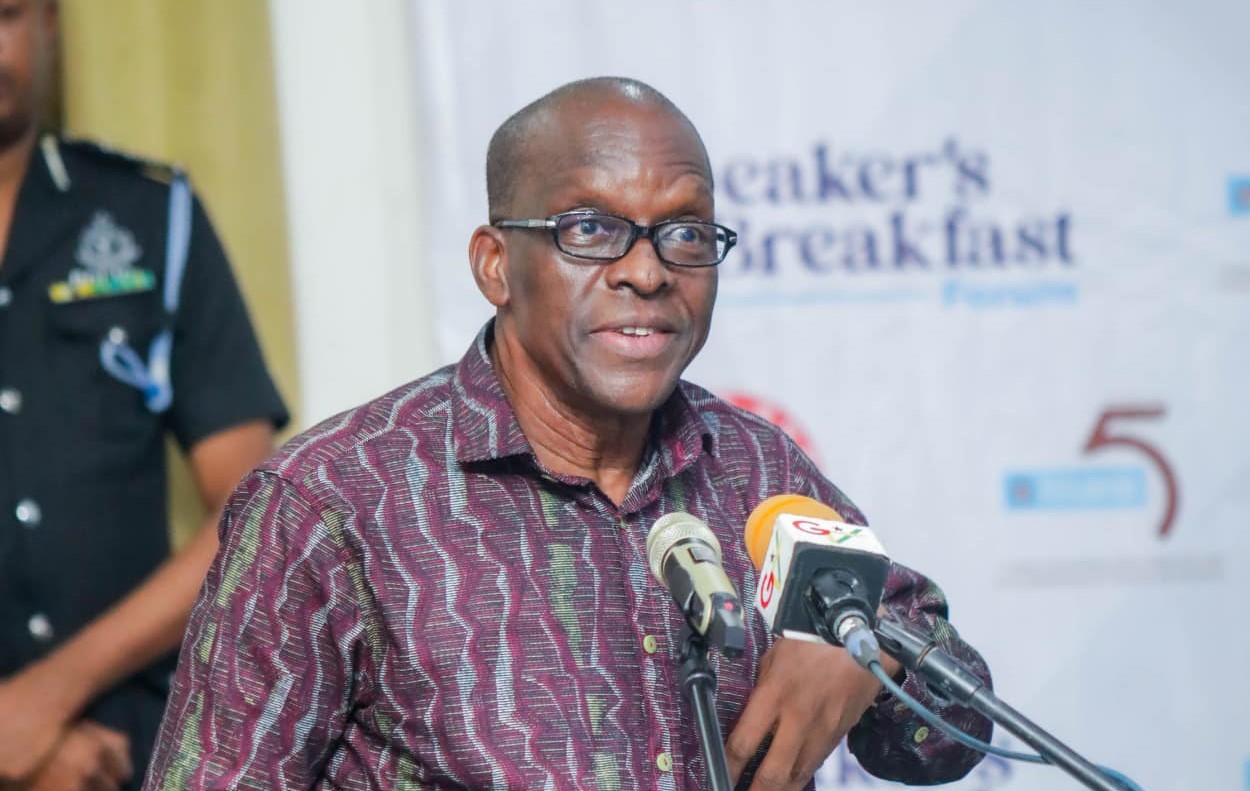
- September 20, 2024
Speaker Bagbin bemoans high attrition rates of MPs
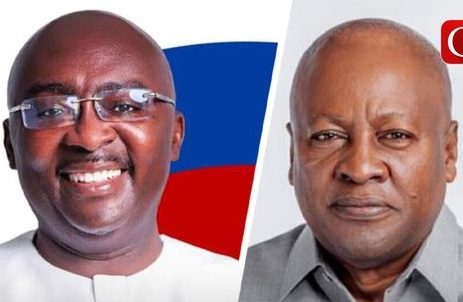
- September 21, 2024
2024 Presidential Election: NPP is Number 1 , NDC 8 on ballot
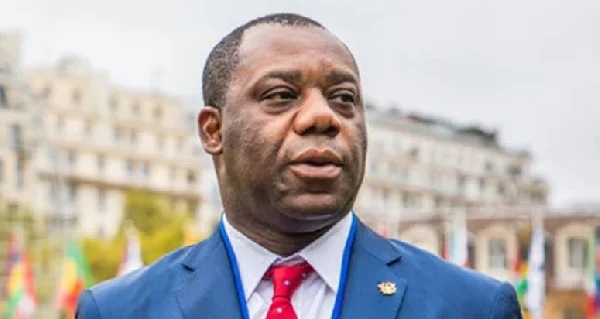
- September 20, 2024
Let everybody do his or her part to maintain country’s peace – NAPO

- September 21, 2024
Edo poll: Mercy Johnson’s husband escapes assassination attempt
Subscribe to our mailing list to get the new updates!

Subscribe our newsletter to stay updated
Thank you for subscribing!

